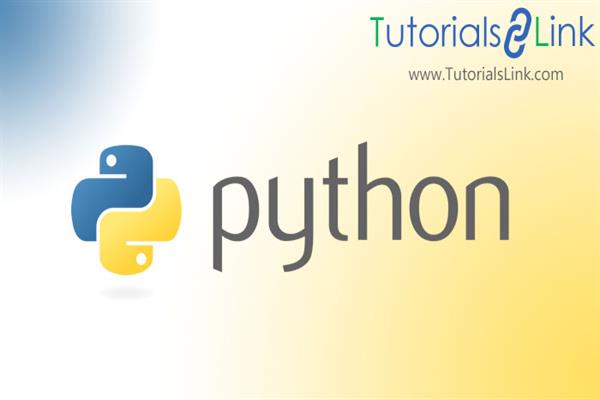What is Python Interpreter?
In this article, you will get to know why Python is known as an interpreted language. Many other important aspects related to the interpreter will cover in the article. The following points are covered:
- What is Interpreter?
- What is the difference Between compiler and Interpreter?
- Working with Interpreter.
- Why Interpreter is chosen over compiler in Python?
- Which of the following Interpreter you can use?
What is Interpreter?
The interpreter is a program code that reads the code and executes it one by one. It converts the code into a language that is compatible with computer hardware. It directly executes the instructions whether it is written in a programming language or scripting language.
What is the difference between compiler and Interpreter?
|
Compiler |
Interpreter |
|
It translates the source code into machine understandable code. |
It translates the source code into machine understandable code when the program is running. |
|
The compiler produces an intermediate code. |
It does not produce any intermediate source code. |
|
Intermediate code will execute to get the output of the source code. |
It reads the line one by one and executes it at the same time. |
|
Sometimes, the debugging process in the compiler is very difficult as compare to Interpreter. |
It is very easy to debug the code although the execution of code will stop on the line where the code is encountered. |
|
It scans the whole program in one go. |
It scans, reads, and executes the line of code one by one. |
|
Programming Languages uses compiler such as C, C++ |
Programming Language uses Interpreter such as Ruby, Python, etc. |
These are some major differences in Compiler and Interpreter. Working with an interpreter is much easier than the compiler. Most of the language use interpreter now. Beginners also feel in tune with the interpreter.
Working of Interpreter
- It breaks the line of code in tokens.
- The structure is generated. Moreover, it depicts the relationship between tokens.
- Now, it turns into object code(s).
- Finally, the object code will execute.
Why Interpreter is chosen over compiler in Python?
The main reason for choosing an interpreter is its behavior. The behavior of executing the code fastly. The process of converting the code into machine understandable language works simultaneously while reading the code. It might take a lot of time to debug the errors in long programs but then python as an ample number of libraries. So, it is finer to use an interpreter in Python.
Which of the following Interpreters you can use?
Brief about the six most famous interpreters.
CPython
It is considered as compiler however it converts the python code into bytecode before executing the code. It uses Global Interpreter Lock as it disables the concurrent Python threads for a process.
IronPython
It supports the dynamic compilation of code. Moreover, it comes with an interactive code.
Jython
It converts the python code into Java bytecode. The code can easily run on the machine in which JVM is installed. It supports both static and dynamic compilation of code.
PyPy
It is one of the fastest interpreters. It supports many features C, CLI, and JVM backs-end.
PythonNet and Stackless Python are two more python interpreters.





